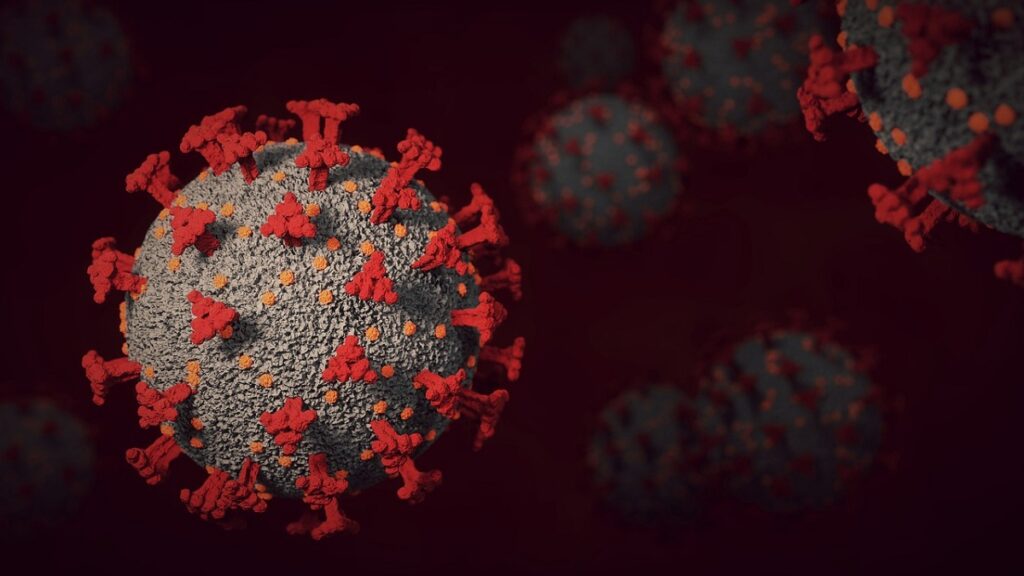Four biotech companies will receive a total of $1.4 billion in grants for the purpose of developing new vaccines and other treatments, the U.S. government announced on August 22.
The grants fall under Project NextGen, worth $5 billion, which will be coordinated by the Department of Health and Human Services (HHS). Project NextGen is the successor to Operation Warp Speed.
Operation Warp Speed was a government project introduced by the Trump administration in 2020 to rapidly develop and distribute COVID-19 vaccines.
“The shining star that everyone talks about when it comes to the COVID-19 pandemic response,” said Ambika Bumb, Ph.D., Deputy Executive Director at the Bipartisan Commission on Biodefense, “was Operation Warp Speed.”
What’s next for Project NextGen
Now three years later, Project NextGen is the new promise for biotech innovation.
According to HHS, the awards include:
- $326 million to Regeneron to support the development of a next-generation monoclonal antibody (mAb) for COVID-19 prevention. Previous mAbs lost effectiveness quickly, and there is currently no replacement.
- $1 billion to four clinical trial partners of Biomedical Advanced Research and Development Authority (BARDA) to support vaccine phase IIb clinical trial studies. This will help build BARDA’s Clinical Studies Network, “providing a network of at-the-ready trials with the flexibility to pivot to the most promising new vaccines.”
- $10 million to Johnson & Johnson Innovation (JLABS) for a competition through Blue Knight, a BARDA-JLABS partnership to accelerate innovation.
- $100 million to Global Health Investment Corp. (GHIC), the non-profit managing the BARDA Ventures investment portfolio to support promising innovation.
“Project NextGen is a key part of the Biden-Harris Administration’s commitment to keeping people safe from COVID-19 variants,” said HHS Secretary Xavier Becerra. “These awards are a catalyst for the program—kickstarting efforts to more quickly develop vaccines and continue to ensure availability of effective treatments.”
Why we need to continue to develop COVID-19 vaccines and treatments
Though the World Health Organization (WHO) ended the COVID-19 Public Health Emergency of International Concern (PHEIC) in May 2023, the risk of new mutations and strains remains – which highlights the need for innovation.
Biotech companies are expecting to release updated COVID-19 vaccines in the fall, which public health officials expect will be effective against the new EG.5 and FL.1.5.1 strains, per CBS News.
According to Moderna, the company’s updated vaccine promises a “significant boost in neutralizing antibodies against EG.5 and FL.1.5.1 variants.”




